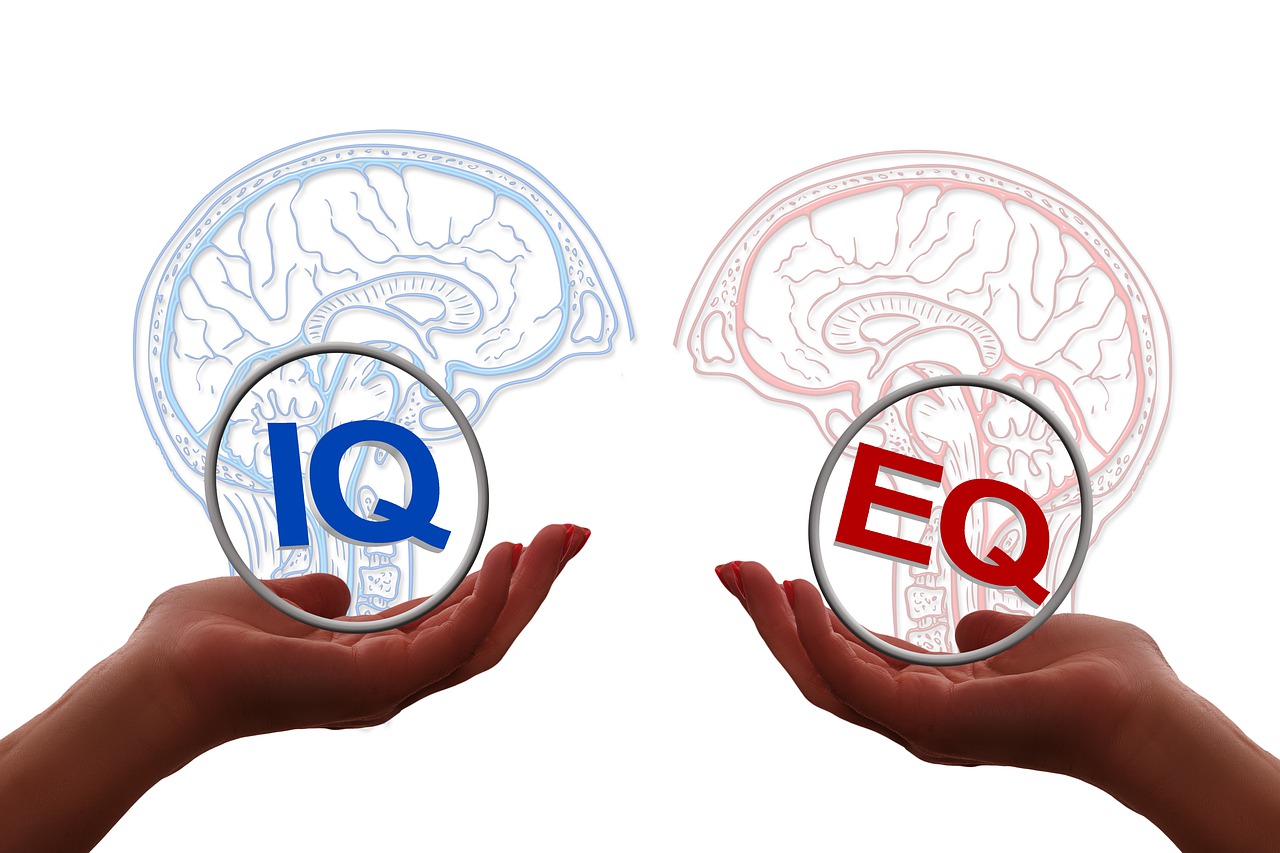Understanding Emotional Intelligence
Introduction
The world of software development is often seen as a battleground of technical skills. However, in this age of rapid technological advancement and escalating competition, there’s another element that has emerged as crucial: Emotional Intelligence (EI). As a software manager, your ability to understand, use, and manage emotions can significantly impact your leadership effectiveness.
The Definition of Emotional Intelligence
Emotional Intelligence is the ability to identify, understand, and manage our own emotions and the emotions of others. It consists of four core elements: Self-awareness, Self-management, Social awareness, and Relationship management.
The Importance of Emotional Intelligence in Software Management
In software management, Emotional Intelligence plays a critical role. It is not just about the lines of code; it’s about the people behind them.
The Power of Empathy in Leadership
Understanding Empathy
Empathy, a key component of Emotional Intelligence, is the ability to comprehend what others are feeling and experiencing. It allows us to connect with others on a deeper level and influence our actions and decisions accordingly.
The Role of Empathy in Effective Leadership
Empathy is not just understanding another’s perspective; it’s about using that understanding to drive our actions and interactions. In the realm of software management, this is particularly important in fostering open communication, encouraging innovation, and resolving conflicts.
Cultivating Empathy: A Guide for Software Managers
Practical Steps to Cultivate Empathy
While some people may naturally be more empathetic, empathy is a skill that can be cultivated and improved over time. Here are some practical steps that software managers can take to enhance their empathetic abilities.
Actively Listening to Your Team
Listening is more than just hearing words; it’s about understanding the emotions and intentions behind those words.
Understanding and Acknowledging Others’ Perspectives
To empathize with others, we need to understand and acknowledge their perspectives, even if we don’t necessarily agree with them.









